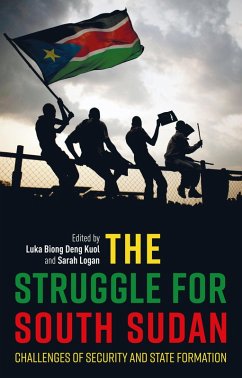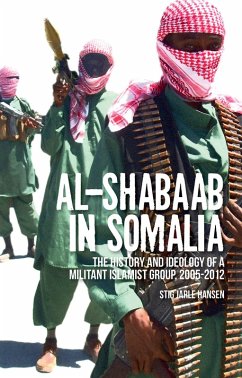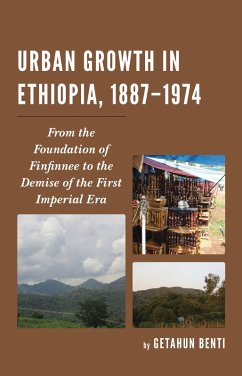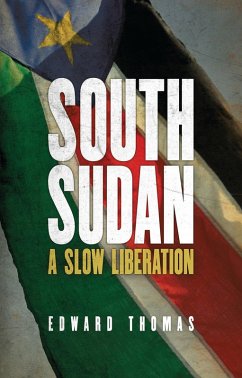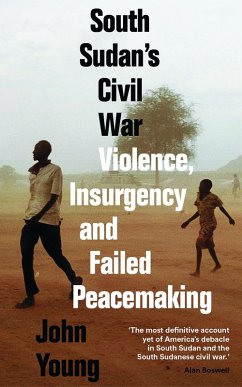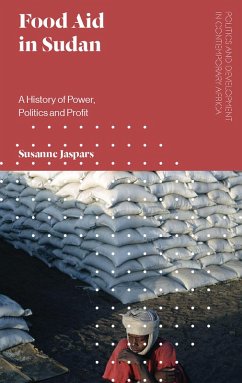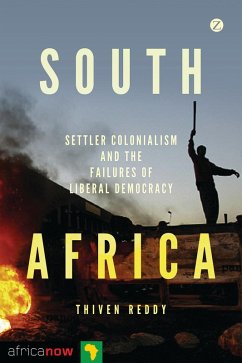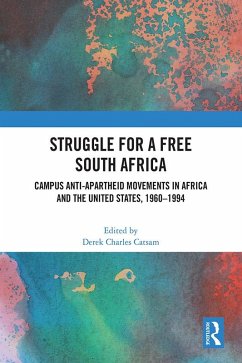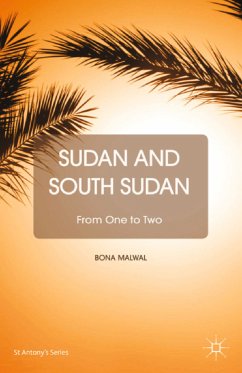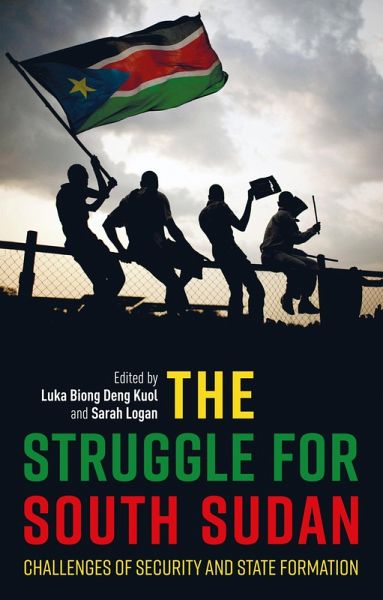
The Struggle for South Sudan (eBook, PDF)
Challenges of Security and State Formation
Redaktion: Kuol, Luka Biong Deng; Logan, Sarah
Versandkostenfrei!
Sofort per Download lieferbar
23,95 €
inkl. MwSt.
Weitere Ausgaben:

PAYBACK Punkte
12 °P sammeln!
South Sudan, the world's youngest country, has experienced a rocky start to its life as an independent nation. Less than three years after gaining independence in 2011 following a violent liberation war, the country slid back into conflict. In the wake of infighting within the ruling Sudan People's Liberation Movement (SPLM), violence erupted in South Sudan's capital, Juba, in December 2013. The conflict pitted President Salva Kiir's predominantly Dinka presidential guard against Nuer fighters loyal to the former Vice President Riek Machar. As fighting spread across the country, it has taken o...
South Sudan, the world's youngest country, has experienced a rocky start to its life as an independent nation. Less than three years after gaining independence in 2011 following a violent liberation war, the country slid back into conflict. In the wake of infighting within the ruling Sudan People's Liberation Movement (SPLM), violence erupted in South Sudan's capital, Juba, in December 2013. The conflict pitted President Salva Kiir's predominantly Dinka presidential guard against Nuer fighters loyal to the former Vice President Riek Machar. As fighting spread across the country, it has taken on an increasingly ethnic nature. Ceasefires have been agreed, but there have been repeated violations by all sides. Today the conflict continues unabated and the humanitarian situation grows ever more urgent. This book analyses the crisis and some of its contributing factors. The contributors have worked on South Sudan for a number of years and bring a wealth of knowledge and different perspectives to this discussion. Providing the most comprehensive analysis yet of South Sudan's social and political history, post-independence governance systems and the current challenges for development, this book will be essential reading for all those interested in the continuing struggle for peace in South Sudan.




